Mariam Nabbout (Stepfeed)
Arab women are symbols of courage and strength. They have survived occupations, have stood on the front lines of revolutions, and have fought against sexist rhetoric and policies. Yet, somehow, white people still believe they all need to be saved.
Empowering Arab women seems to be a trending concept among western figures who preach it during visits to the region.
These include the daughter of U.S. President Donald Trump, Ivanka Trump, who’s set to visit Morocco on Nov. 6 till 8 to promote her Women’s Global Development and Prosperity Initiative. Launched in February, the scheme “aims to benefit women in developing countries.” The fields and goals behind this initiative are to provide and better “prosperity in the workforce, success as entrepreneurs, and enablement in the economy.”
Empowering Arab women seems to be a trending concept among western figures who preach it during visits to the region.
During her visit, Trump wants to empower Moroccan women.
Not sure where she is getting her information from but she sure hasn’t done enough digging to know what’s happening in the North African country. The reality is the following: Moroccan women do not need a “white savior” to empower them as they’ve successfully been fighting for their rights for decades.
In recent years, Morocco has made strides when it comes to advancing women’s rights, passing anti-domestic violence laws and moving towards more gender equality. So breaking into this scene to take credit for change that’s already taking place is simply ludicrous.
Arab women don’t need white saviors in general, let alone one who voted for and supports the racist Trump agenda.
Miss Trump works for her father’s administration and is part of his ruling system. What is she going to offer women in the region when those in her own country have fewer rights than ever before under her father’s reign?
Moreover, since Trump was elected president, “legislation has been passed to undermine women’s rights” not only in the U.S. but all around the world. These include nations America’s first daughter visited as part of her initiative — namely Ethiopia, the Ivory Coast, Argentina, Colombia, and Paraguay.
It’s a tad too contradictory for the self-proclaimed women’s activist to be calling for female empowerment when the administration she’s part of is undermining the meaning of women’s rights.
Time to shatter the homogeneous image of “oppressed” Arab women
Former colonial powers have long been enforcing the idea that those they once ruled are inferior to them. The patriarchy has pushed women even further down that hierarchy, meaning gender and ethnicity have been used to describe women as “oppressed beings.”
So, this explains why the west often portrays Arab women as “oppressed, submissive individuals” when that’s just far from the truth. This is not to say all Arab women have had it easy, but “white saviors” simply don’t understand the deep-rooted societal struggles in the region, so what makes their helping hand authentic and legitimate? This narrative needs to be banished because not only is it insulting to women who’ve long been fighting for change but it’s also unacceptable to take credit for their work.
It’s true, women’s rights need to be advanced in the region and Arab women are aware of that. But, coming in to help “empower” them plays into the white savior complex because it suggests that these women don’t have voices and can only become stronger through training offered by the so-called “white saviors.”
Dear Ivanka, meet our beloved self-empowered Moroccan and Arab women
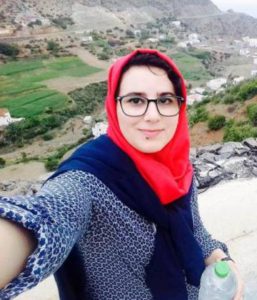
So what’s it going to take for western figures to stop treating Arab and North African women as a public relations project? Maybe a look at how self-empowered they are.
Moroccan women in specific have been leading the way, fighting for gender equality and standing up to those trying to silence them.
Earlier this year, now-freed Moroccan female journalist Hajar Raissouni was arrested under the false pretense that she had undergone an abortion, an operation deemed illegal in the country. Those who fought for her release were defiant, powerful women who signed a manifesto proudly stating they have gone against the country’s unjust laws that punish sex outside of wedlock and abortions.
The patriarchy has pushed women even further down that hierarchy, meaning gender and ethnicity have been used to describe women as “oppressed beings.”
One of those who protested Raissouni’s detainment was none other than award-winning Leila Slimani, an outspoken Moroccan writer on Muslim women’s sexuality. Others included Moroccan filmmaker Sonia Terrab and Moroccan politician Nabila Mounib.
On the Arab front, women have been leading revolutions against corrupt regimes. Sudan, Lebanon, and Iraq are the most recent examples of countries that have witnessed the mightiness of women; the latter have been sitting on the front lines, chanting against injustice, and demanding their rights to be treated as equal citizens.
Every Arab woman rising up from struggles and difficult circumstances is empowering others.
Empowerment is easy to preach when you’re born into power, but what these women have shown the world is what it truly takes for real change to become a possibility.
Source: Stepfeed

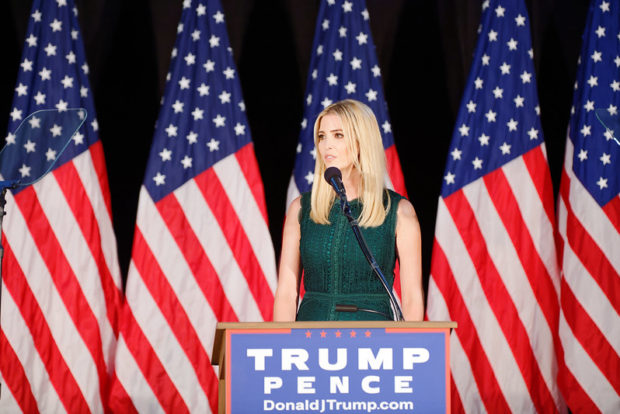
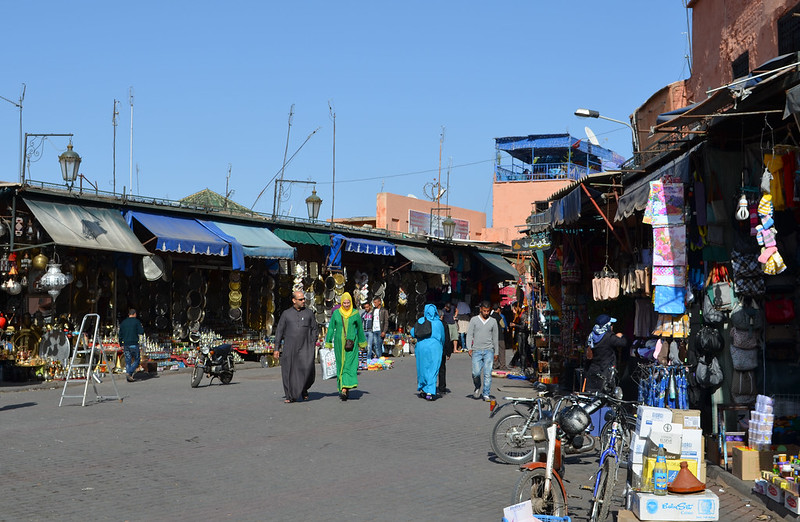
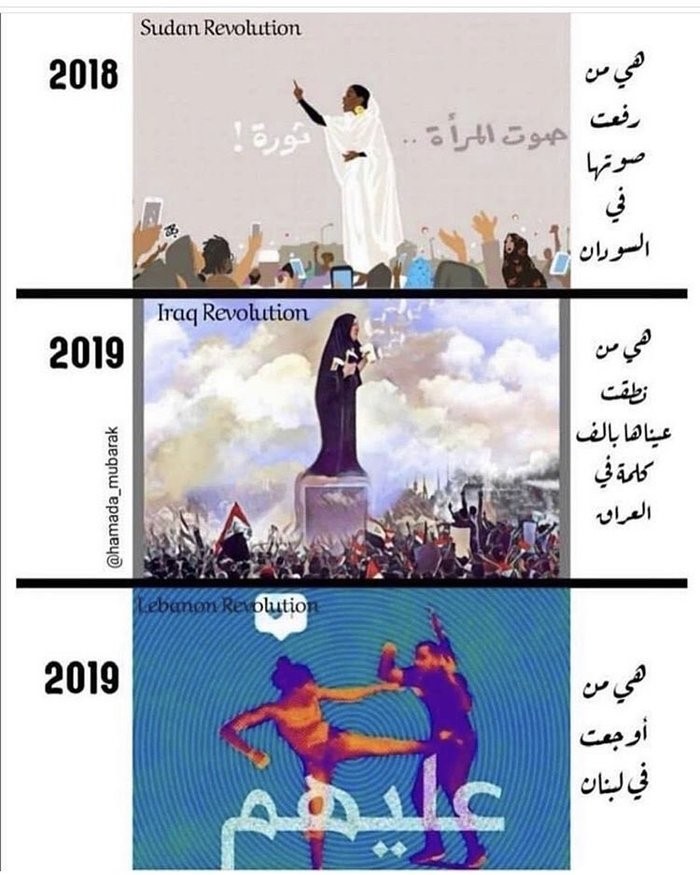

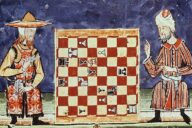











No Comments